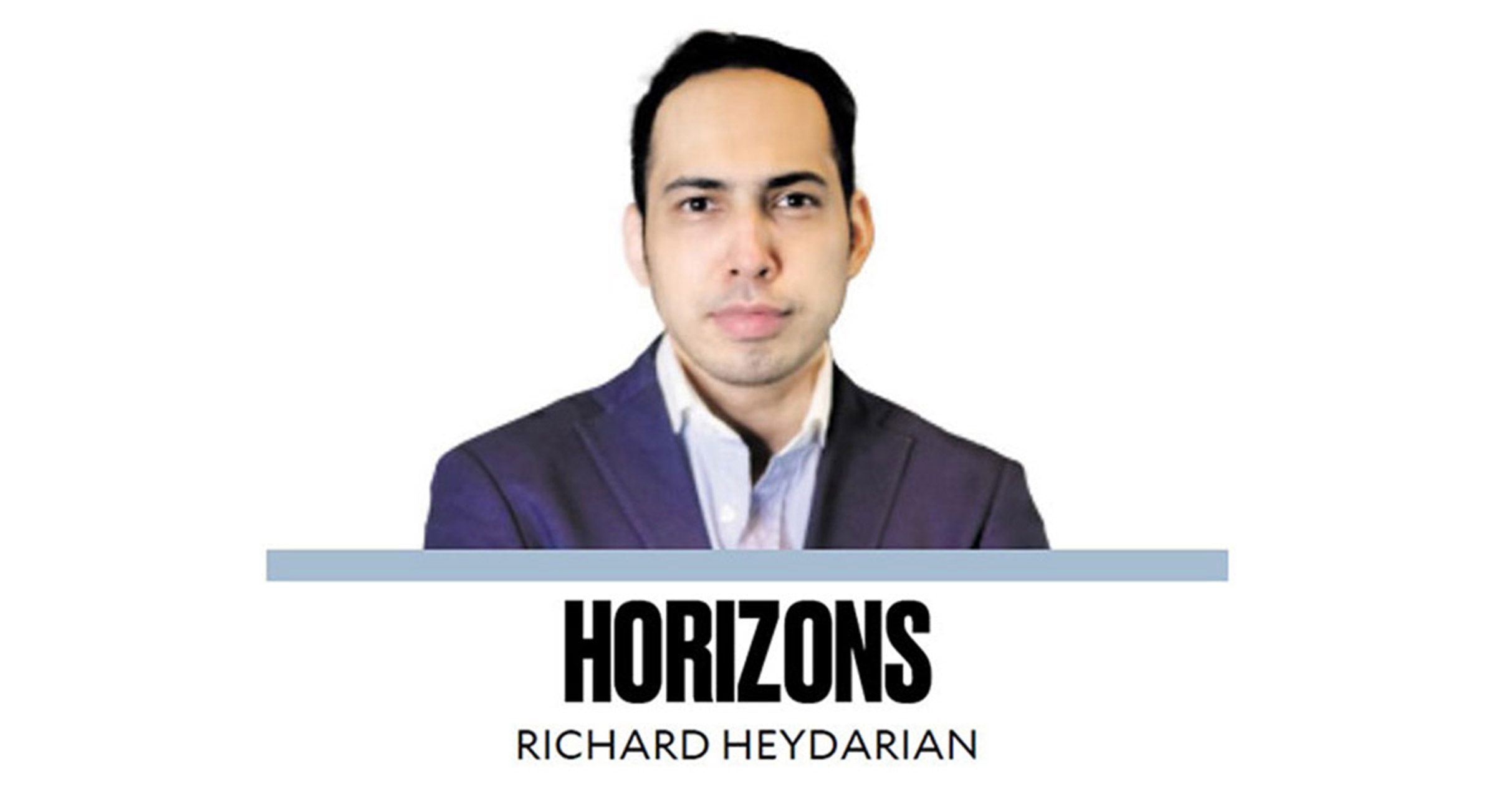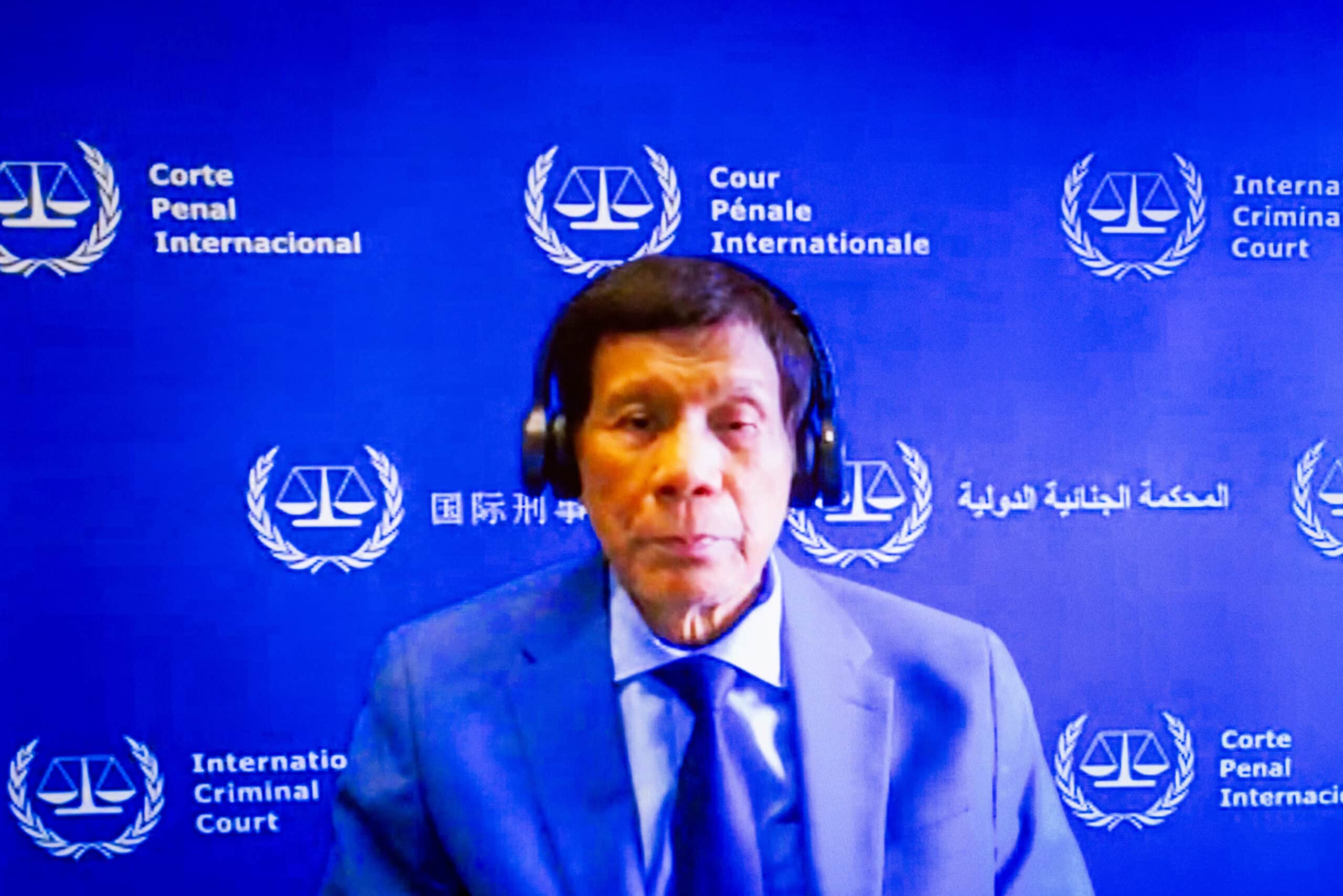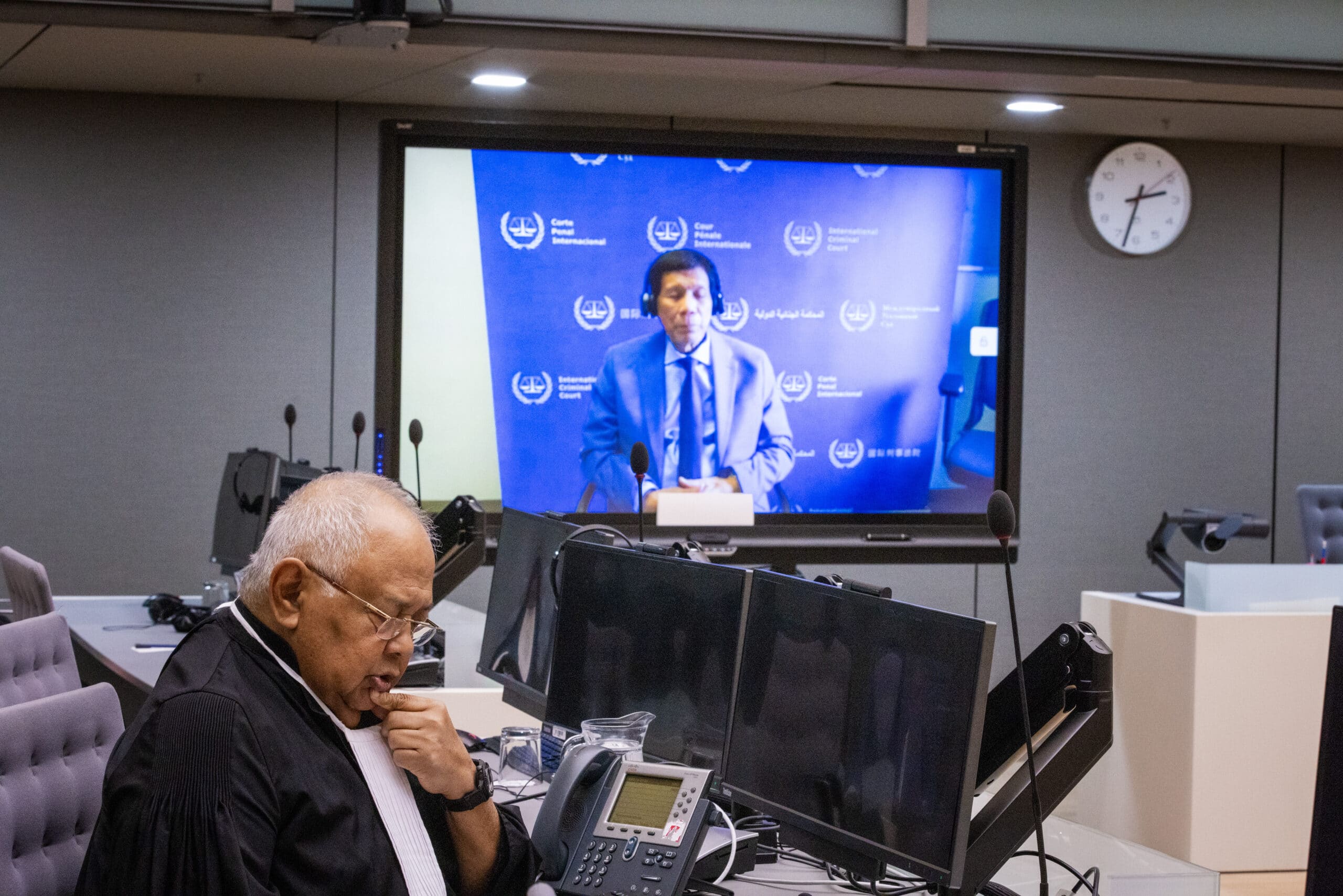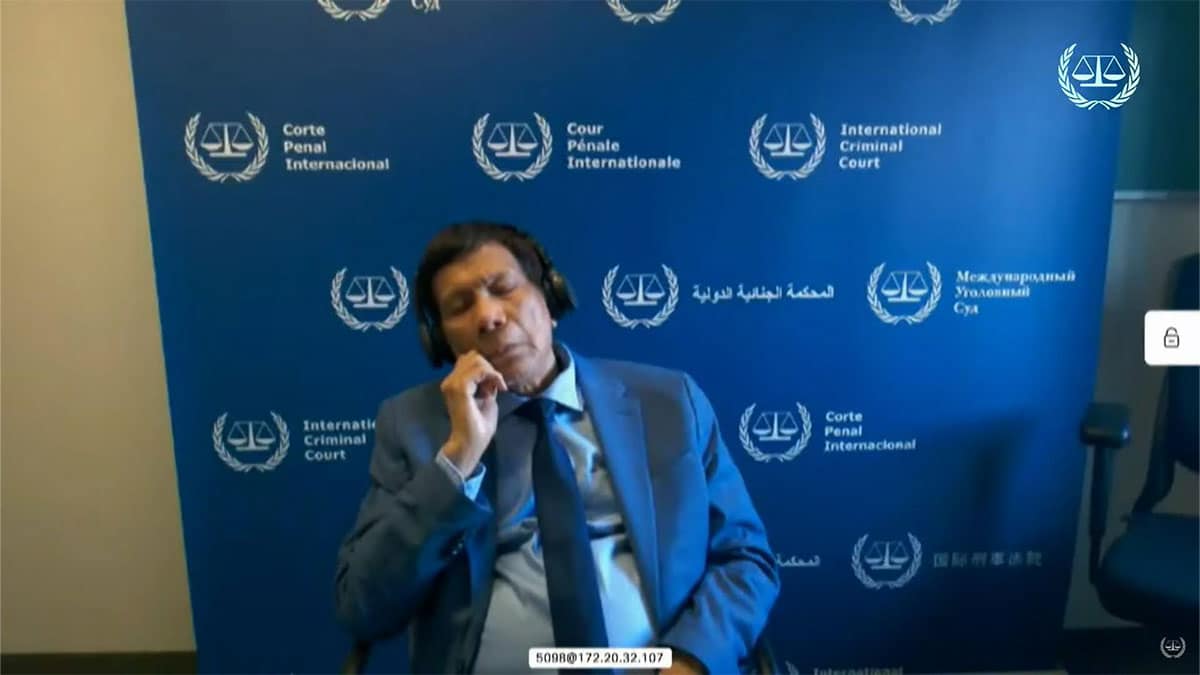The candidate from the Kremlin’s party, “United Russia,” usually managed to capture power even if it garnered a relatively small plurality of “at least 25 to 30 percent of the vote” since the rest of the vote was largely split among members of the loyal opposition. “My next argument was that the more non-United Russia delegates there were in the parliament, the bolder these candidates would be.” By combining personal charisma, herculean determination, and state-of-the-art analytics, Navalny had put up a good show in his earlier electoral quest for, first, the top position in Russia’s capital in 2013 and, a few years later, for the presidency itself. After getting banned from running for office, he put all his energy into supporting progressive candidates and in some dramatic cases, even members of the “loyal opposition” in order to weaken Putin’s “monopoly on power.” Crucially, he also harnessed legitimate grievances in geographically distant and historically marginalized regions of the country. Rodrigo Duterte will most likely spend the rest of his life under the aegis of the International Criminal Court, but his support base at home is crystalizing behind sympathetic figures. Does this mean “tactical voting” in favor of some of the less dominant pro-administration candidates, whose hearts may be in the right place should the decisive moments arrive in the incoming Senate. Read Full Story






